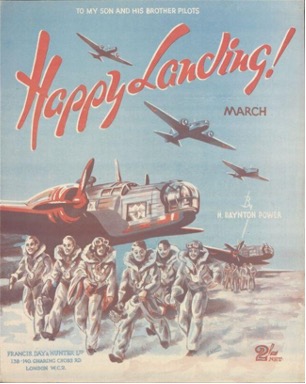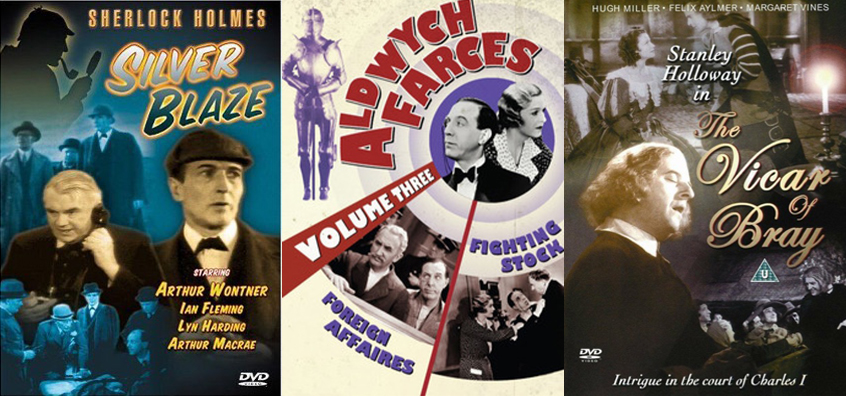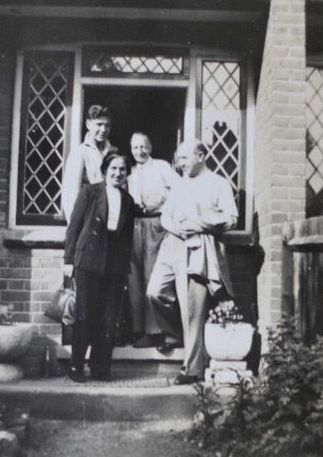
Testament to his versatility as a composer, Baynton-Power’s music was also used to soundtrack films in the 1930s and his library music continues to evoke this era of cinema today. He was known for Sherlock Holmes’ Silver Blaze (1937), Fighting Stock (1935) and The Vicar Of Bray (1937).



The first concert was held in 1916 for a hall full of school children from Manchester and Salford. This contributed to the subsequent prevailing view that brass bands were a positive influence in society throughout this period.
The musical legacy of Harry Baynton-Power and his wife Olive Turner continues today in the music of their grandson, David Baynton-Power, who plays drums for longstanding English rock band James.
Harry Baynton-Power died in Fulham, London in 1952. Representative of the long arc of de Wolfe’s history and the evolution of music more generally, the influence of Harry’s compositions and wider involvement in music is clear as his music continues to play a part in the de Wolfe library.